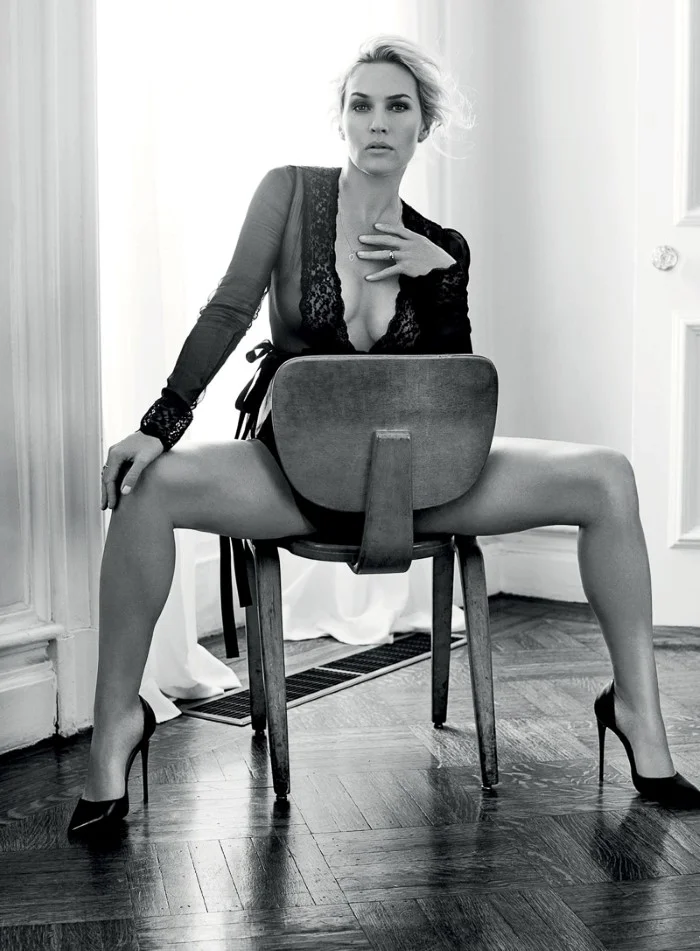Filmmaker Erika Lust Brings 'Hot Girls Wanted: Turned On' Pt 2 To Netflix
/“Porn today is sex education,” says Erika Lust, a Barcelona-based erotic filmmaker in the first episode of Netflix’s new docuseries, 'Hot Girls Wanted: Turned On'. A spinoff of the 2015 documentary of the same name, this new show explores sex and relationships in the Internet age.
The six-episode series was produced by Rashida Jones, Jill Bauer, and Ronna Gradus, the team behind the original film. At launch, the project followed a group of teenage girls entering the amateur porn business in Miami. In the new episodes, they expand their content focus from porn into all aspects of human sexuality online. Vogue explains: "One episode revolves around a cam girl and her intimate relationship with one of her customers, whom she’s never met in real life. One chapter explores the question of whether a woman can ever be empowered in the porn industry—the answer is murkier than you might believe. Another centers on a pair of female erotic filmmakers and their efforts to try and challenge the pervasive, and often aggressive, male gaze in pornography."
The producers of Hot Girls Wanted worked alongside researchers at Indiana University, in affiliation with the Kinsey Institute, to produce a first-of-its-kind study on the effects of porn use on relationships and socialization in teenagers and adults. The conclusions of their study -- which drive content throughout the episodes -- confirm that most young adults (even children) are getting most of their information from pornography. Almost 40% of teens have been exposed to porn by age 14.
The series also explores the racism and classism that is fundamental to the porn industry -- then and now. The majority of young women participating are from poor, rural backgrounds with little hope of a future. Vogue interviews the creators of'Hot Girls Wanted: Turned On'.







